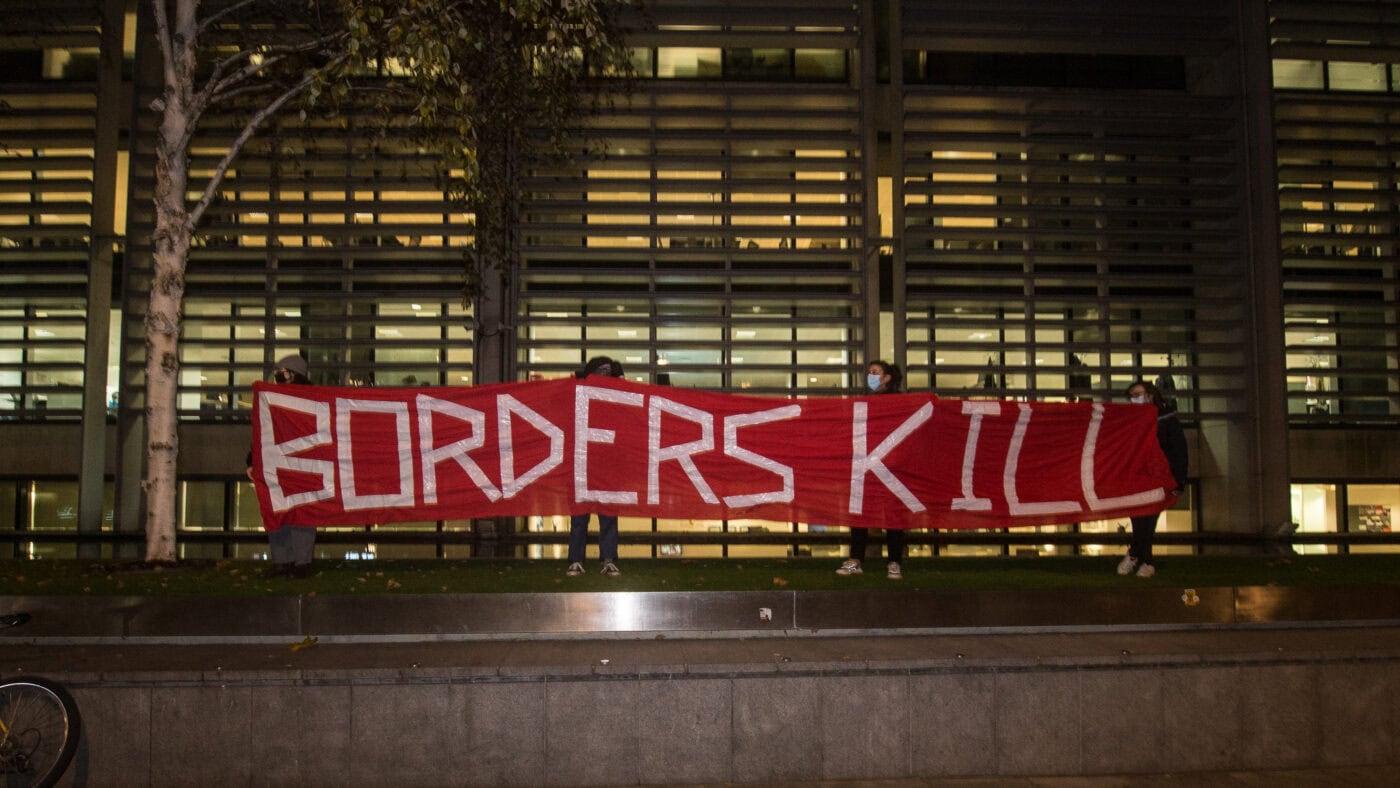According to YouGov, two in ten Britons say that immigration is the biggest issue facing the country. And with immigration now at unprecedented levels, who can blame them?
Net migration has hit a record high of 745,000, while illegal immigration is up 17% from the year ending June 2022, with 85% of these arriving via small boats. And no one voted for any of it.
No government, Conservative or Labour, was ever elected on a platform of increasing immigration. Yet politicians of all stripes have paid lip service to immigration restrictionist arguments, all the while failing to implement the policies that their governments were elected on. The democratic deficit between the public and politicians on this matter has never been larger.
The Centre for Policy Studies’ latest report on immigration, authored by Karl Williams, Neil O’Brien MP and Robert Jenrick MP, highlights this fact and suggests policies for a new and improved approach to immigration.
Among the many policies suggested in the paper, one of the more interesting proposals was splitting up the Home Office. The paper argues that the Home Office has become bloated, inefficient and ultimately ineffective. So to rectify this, immigration should have its own department: the Department of Border Security and Immigration Control (which would be a Cabinet-level position).
Reorganising government departments to make them more effective and focused is not something that should be dismissed completely. With 100,000 more officials in the civil service since 2016, costing taxpayers £17.8bn a year, splitting up a government department and chopping off the excess waste to make immigration policy more efficient, more focused and less costly seems like a no-brainer.
Nevertheless, creating a new department would not automatically solve the problem. A more focused immigration department could suffer the same problems that plague the Home Office, such as civil service activism and the influence of the quangocracy to name but two.
Home Office civil servants are notorious for being some of the most prolific radical activists in Whitehall, with this becoming more pronounced due to the government’s Rwanda policy. For example, in 2022, a group of civil servants organised an online meeting to discuss how they could block the policy, with some calling for colleagues to organise and resist internally while others wanted to go on strike in protest.
Furthermore, civil servants in the Home Office have wasted their time in taxpayer-funded diversity and inclusion schemes. As the TaxPayers’ Alliance found, Stonewall received over £13,000 from taxpayers via the Home Office to fund their diversity campaign schemes and conferences. One of these DEI schemes in the Home Office asks civil servants to dedicate some time each day to think about how they could make the department ‘a more diverse and inclusive place to work‘.
This activism goes right to the top of the Civil Service. The Permanent Secretary of the department claimed that he was ‘proud’ of the challenge that civil servants provided on immigration policy. Granted, this ‘challenge’ was mostly done from the picket line or from home as only 31% of Home Office civil servants bother to turn up to the office to work in some weeks.
The Home Office has also directly funded activist groups opposed to the government’s immigration policies. Despite having signed a statement opposing the Rwanda scheme, groups such as Migrant Help and Refugee Action received taxpayer cash, with Migrant Help alone receiving an eye-watering £6.9m. To put it simply, the Home Office uses taxpayers’ money to fund groups which seek to undermine the very immigration policies that the elected government of the day is working towards.
Civil servants and quangos are just two elements of what has now become known as ‘the Blob’, a word often used to describe the institutions, organisations and individuals which hamper a government’s ability to do anything. While sometimes difficult to put the finger on, ‘the Blob’ is a genuine threat to government efficacy. A threat that has been especially prominent at the Home Office due to its focus on a set of policies that activist civil servants and quangos ideologically oppose.
So it’s safe to assume that a new department focused on immigration would be a direct target for quangos and activist civil servants seeking to frustrate the government of the day. Any government that genuinely wishes to bring immigration down and tighten border security must recognise that until they deal with ‘the Blob’, nothing will change.
A new department for immigration could provide the answer. But if it is set up and falls prey to ‘the Blob’ as the Home Office has, no real immigration reform will ever be achieved. Any government seeking to turn back the tide in this area must put bureaucratic inertia, civil service sabotage, and activist quangos onto the bonfire.
Click here to subscribe to our daily briefing – the best pieces from CapX and across the web.
CapX depends on the generosity of its readers. If you value what we do, please consider making a donation.


